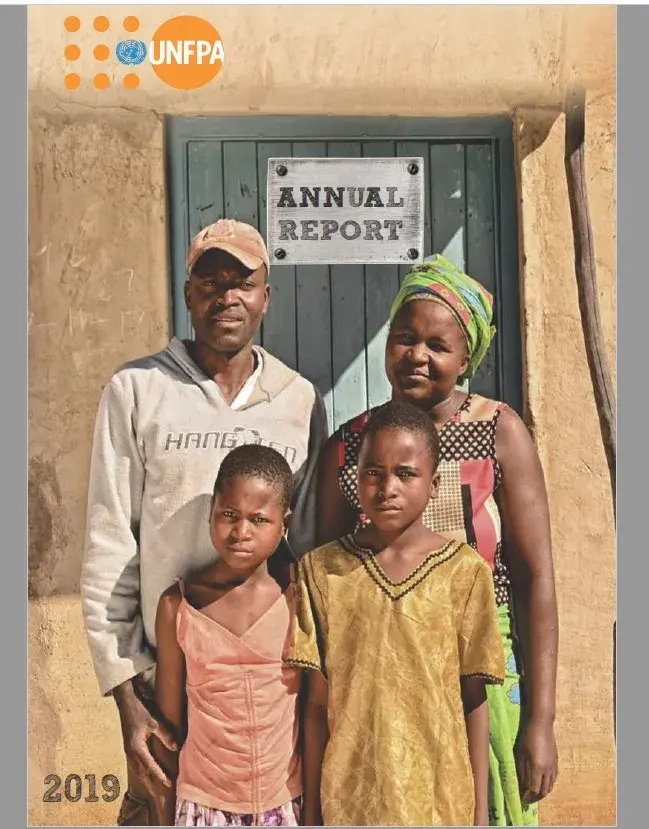The United Nations Population Fund (UNFPA) is the United Nation’s reproductive health and rights agency that began its work, 50 years ago in 1969. In Zimbabwe UNFPA has been supporting the Government of Zimbabwe’s efforts to respond to the reproductive health needs of the population and efforts to improve the quality of life for Zimbabweans, with a particular focus of women and young people since 1981. This support began with support to conduct 1982 population census.
UNFPA is currently implementing the 7th Country Programme running from 2016 - 2020, which seeks to end maternal deaths, unmet need for family planning, new HIV infections and GBV and harmful practices. In 2019, UNFPA worked with the Government of Zimbabwe and other implementing partners who contributed immensely to ensuring access to reproductive health services for all.
The year 2019 was a huge milestone year for UNFPA globally as we celebrated 50 years of ensuring rights and choices for all and 25 years of commitment to the International Conference on Population and Development (ICPD) Programme of Action (POA). In 1994, at the ICPD conference – crucial resolutions were made to ensure there was improved access to sexual and reproductive health services. The Programme of Action (POA) recognised that reproductive health and rights, as well as women's empowerment and gender equality, are the cornerstones of development. This important conference is what has continued to drive UNFPA work over the years.
UNFPA Zimbabwe has contributed, through various partnerships to the results and achievements detailed in this 2019 annual report. We will carry these partnerships forward in 2020 to ensure universal access to sexual reproductive health services. Although progress was recorded in 2019 – there is still a lot of unfinished business in various areas that requires our collective action to ensure universal access to sexual and reproductive health.


